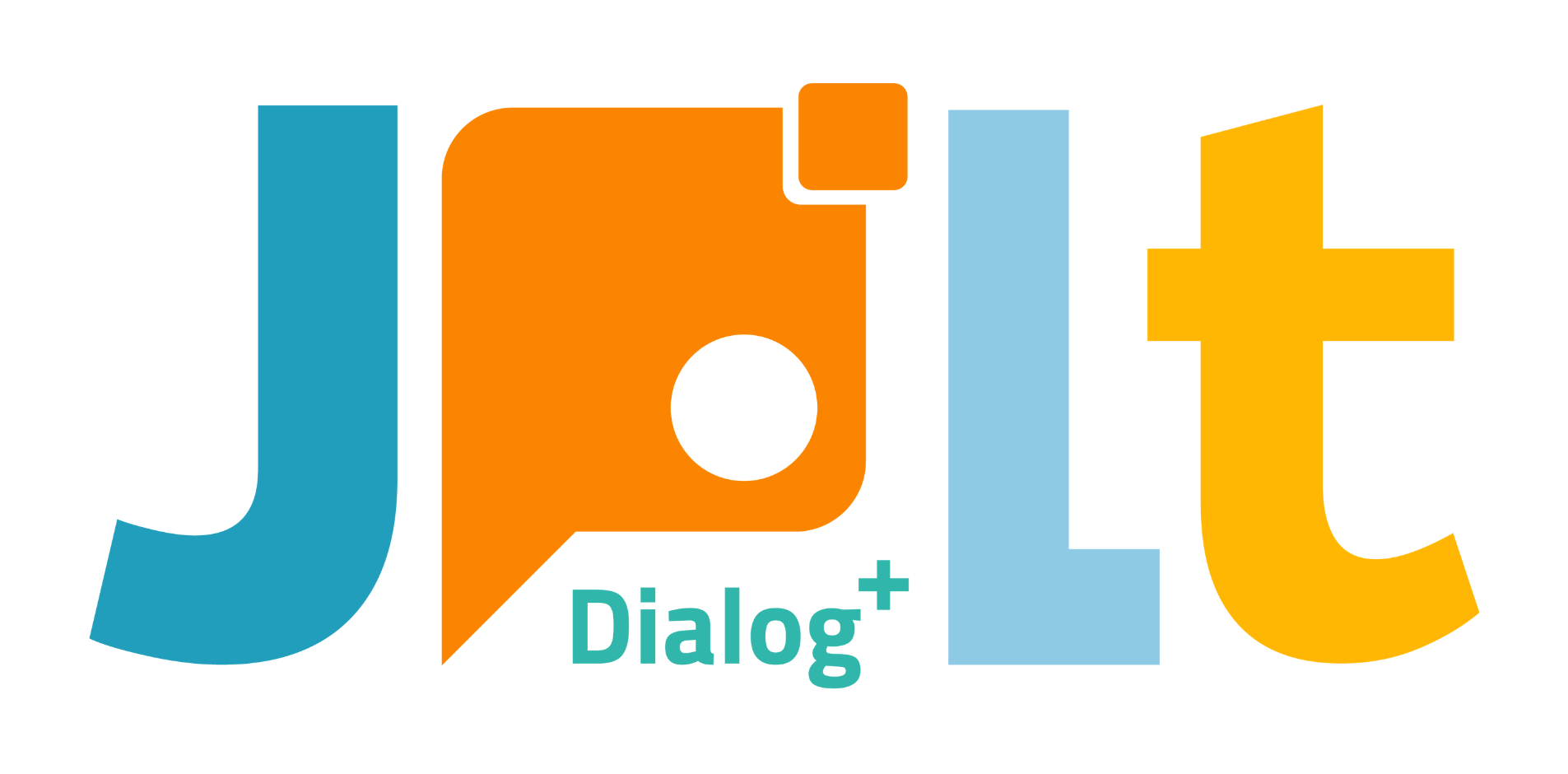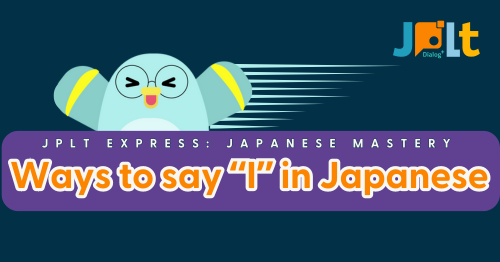Exploring the Many Ways to Say “I” in Japanese

こんにちは皆さん! Today, we begin on an exciting exploration of the different ways to say “I” in Japanese. You’re right! It’s ‘watashi’ わたし[私]. But did you know that there are a lot of ways to say “I”?
Japanese is a language rich in nuance and context, and the word for “I” is no exception. Depending on the situation, gender, and level of formality, there are several words you can use to refer to yourself.
So today, let’s explore the different ways to say “I” in Japanese!
Here are some examples:
私 (わたし, watashi)
Used by both men and women in formal and casual settings. Safe for most situations.
わたくし (watakushi)
A very formal and polite way of saying “I” or “me” in Japanese. It is often used in formal speeches, business settings, or when showing a high level of respect.
僕 (ぼく, boku)
Used by boys and young men in informal settings, conveying friendliness.
俺 (おれ, ore)
A casual, masculine pronoun used by men among friends. It can sound rough or assertive, but potentially rude in formal or unfamiliar contexts.
自分 (じぶん, jibun)
Means “oneself” and is a neutral, genderless pronoun. It’s used to refer to oneself in a more detached or humble way.
あたくし / あたし ( atashi/ atakushi)
“Atakushi” is more polite and old-fashioned, while “atashi” is an expression derived from わたし, a more neutral and feminine way to refer to oneself.
我 (われ,ware)
Very formal or archaic. Used in literature or historical contexts by both men and women.
わし (washi)
Used by older men, particularly in certain regional dialects like Kansai, to emphasize age and experience. Informal.
Which one have you tried to use before? Let us know in the comments! Sharing your experiences can help others understand the subtle differences and choose the right pronoun for the right context.
Stay tuned for more Japanese language tips and trivia. 頑張ってください! 

Join Us at The JLPT Metaverse Campus!
Also, check out where we hold our classes: The JLPT Metaverse Campus!
JPLT Metaverse Campus is a free learning community specialized for Japanese learners. Various events and activities are regularly held. There is a lounge where many Japanese learners can freely discuss and learn from each other. Sometimes you may meet native Japanese teachers.





